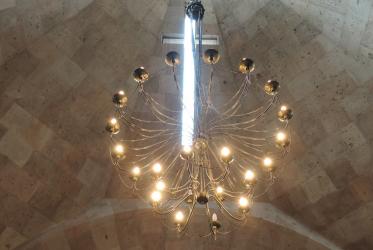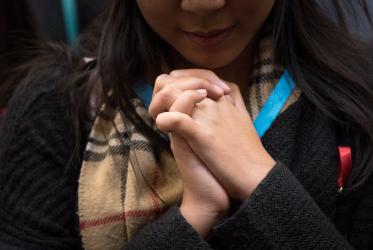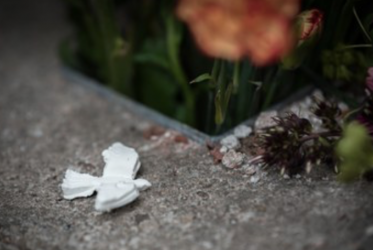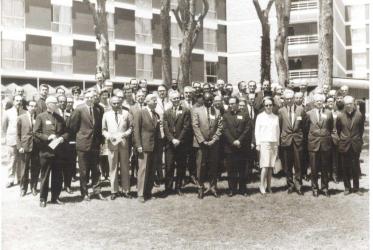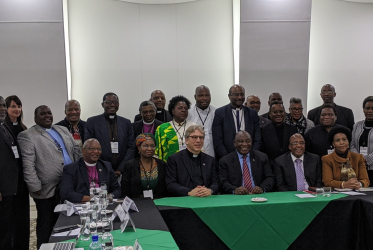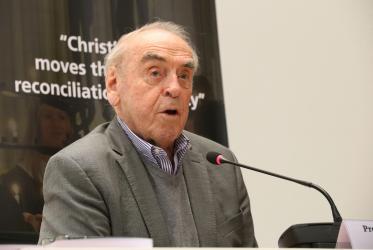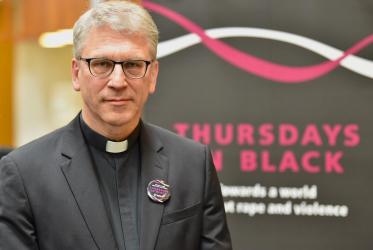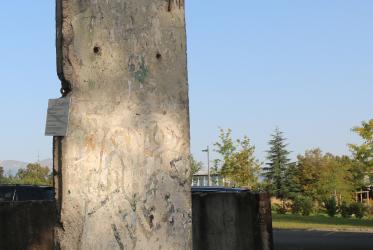Displaying 101 - 120 of 373
WCC condemns recent extremist attacks around the world
03 November 2020
Churches should use their voice on climate change
26 February 2020
WCC welcomes new staff
11 February 2020
12 Faces of Hope on display in Wales
12 December 2019
WCC delegation meets with South African President Ramaphosa
09 December 2019
Moltmann reflects on spirit of truth in a post-truth era
02 December 2019
